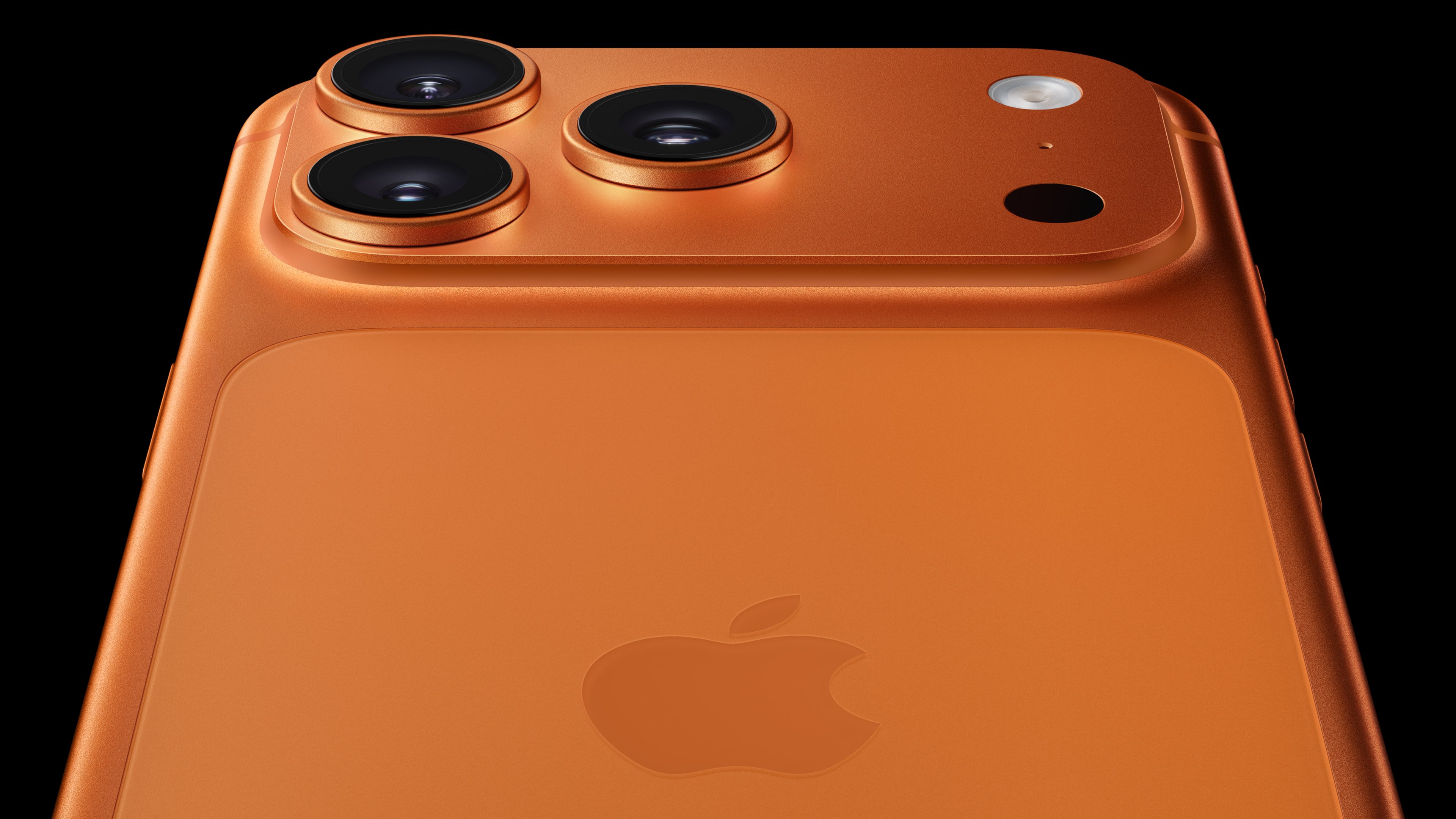Late last month, T-Mobile (TMUS 0.10%) unveiled Jump! On Demand, a new way for its subscribers to get handsets from the carrier. The program essentially amounts to a leasing service, one that gives T-Mobile's customers the option of swapping handset ownership for more frequent upgrades.
T-Mobile's Un-Carrier initiatives have been a source of inspiration for its rivals. If Jump! On Demand catches on, it could greatly benefit Apple (AAPL +0.04%).

iPhone 6 and iPhone 6 Plus. Source: Apple.
Carrier policies affect iPhone sales
The iPhone is unique among Apple's products. While it's possible to purchase iPads and Macs on consumer credit, the iPhone is alone in being so intimately dependent on payment plans. To be sure, it's possible to purchase unlocked iPhones up front, but most consumers don't -- at least in the U.S. -- instead opting for subsidized handsets tied to two-year contracts or, increasingly, phone financing plans. This has led to a unique upgrade cycle, where many iPhone buyers consistently purchase the latest model every two years.
In the past, Apple's management has cited changes to carrier policies to explain shifts in iPhone demand. In the first quarter of Apple's 2014 fiscal year, iPhone sales fell short of analyst expectations. During the subsequent earnings call, Apple CEO Tim Cook blamed the shortfall on the carriers:
Some carriers changed their upgrade policies [...] [they] restricted customers who are used to upgrading earlier than the 24 months that they're allowed, and [...] stretched the time out to be a hard and fast 24 months [...] that's a major factor playing into the North American results.
In 2013, T-Mobile introduced installment plans, and within a year, all of its rivals had followed. Under these plans, subscribers can upgrade their handsets more often -- a positive for iPhone sales -- but if they keep their handsets for a longer period of time, they'll save money -- a negative.
During Apple's third-quarter 2014 earnings call, Cook commented on the growing popularity of the plans, arguing that they should benefit Apple.
The installment plan [...] which gives the customer the right to upgrade faster than a usual two year cycle, we think that plays to our customer base in a large way [...] that makes us incredibly bullish that customers on those plans would be very likely to upgrade when we announce a new product.
A potential tailwind
While there's still some uncertainty surrounding the long-term effects of phone financing, Jump! On Demand is unambiguous: If a T-Mobile subscriber selects it, they're almost guaranteed to upgrade to the latest iPhone model each and every year (and possibly even more often).
With Jump! On Demand, a T-Mobile subscriber pays a relatively small fee to rent a handset (for the basic 16GB iPhone 6, the monthly charge is $15 with no down payment after you trade in your old phone). Assuming a customer keeps his handset in good working order, he can trade it in at a T-Mobile retailer for a new phone at any time, up to three times per year. In the past, that customer may have given Apple an iPhone sale every two years -- now, she may give Apple an iPhone sale every few months.
Jump! On Demand isn't perfect, and T-Mobile's standard phone financing plan makes better financial sense in the long run. But the appeal is obvious: Subscribers can get the latest and greatest phone whenever they want, with no money down.
T-Mobile isn't the first to offer such a plan. Sprint's iPhone for Life plan is similar, and it predated T-Mobile's by several months. But Sprint and T-Mobile are much smaller than AT&T and Verizon. For these leasing plans to really affect North American iPhone sales, the bigger carriers will have to get on board. It's possible they will, given that they've adopted many of T-Mobile's other policies -- AT&T Next and Verizon Edge followed T-Mobile's original Jump! program -- but it's not guaranteed.
It's also not clear how popular Jump! On Demand will be with T-Mobile's own subscribers. T-Mobile no longer offers two-year contracts in any form, but it still has its standard phone financing plans as alternative.
Still, it stands as a potential tailwind for Apple's iPhone business. If phone leasing slowly replaces phone financing, Apple should benefit.






